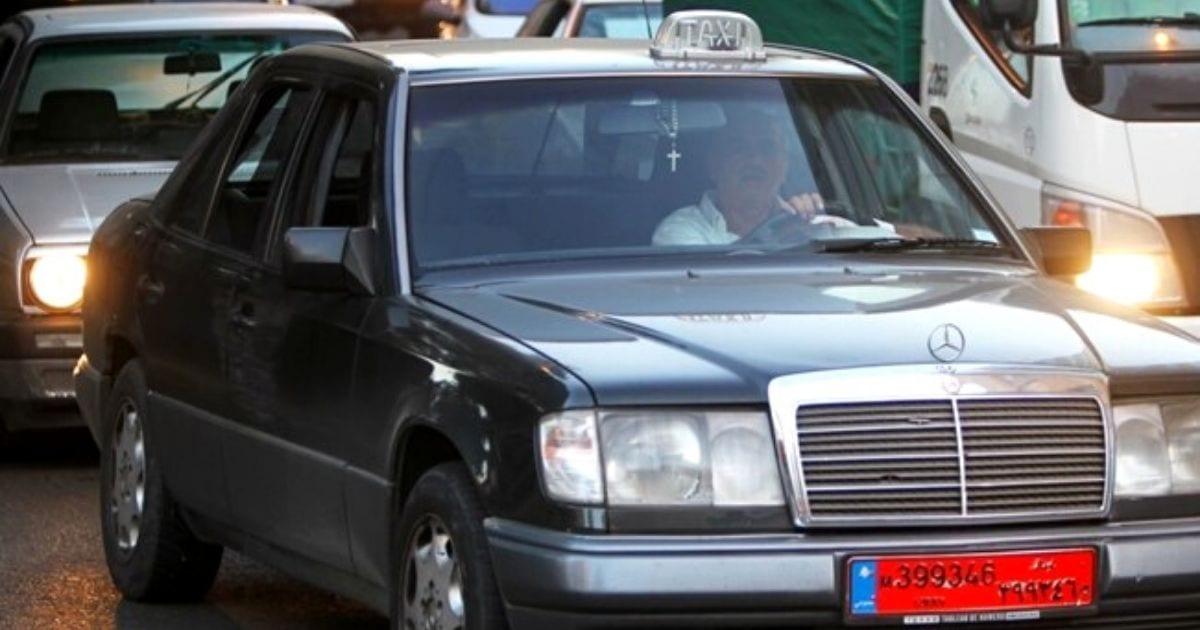The General Syndicate For Lebanese Taxi Drivers has officially announced that the “service” fare will increase to 4,000 Lebanese pounds per person, based on the high fuel rate that has seen a tremendous spike in recent months.
“This decision was taken by the General Union in the absence of the bankrupt state, the failed system, and the corrupt rulers,” the general syndicate wrote in the announcement post on their Facebook page.
According to its post, the increase in the drive fare is not just based on the high fuel prices, but also on the expensive price tag of spare car parts, oil, and other costs.
“Service” drivers initially wanted to hike up the price from 3,000 LL to 5,000 LL.
However, after multiple meetings with the General Syndicate For Lebanese Taxi Drivers, they agreed on increasing it to 4,000 LL.
The decision will reportedly go into effect starting Wednesday, even though there has been no confirmation from the ministry of transport.
Back in July of last year, taxi drivers were getting paid 2,000 LL as a transportation fee, until it was raised to 3,000 LL following a decision signed by the ministry of transport.
This development has been expected for a while now, as fuel prices have been tremendously increasing due to the Lebanese currency hitting new lows.
Now, one gallon of fuel costs around 34,000 LL, while a couple of months back the same gallon was being sold at approximately 24,000 LL.
Given that taxi drivers were unable to make any income during the total lockdown, they have been facing multiple difficult challenges when it comes to affording vital supplies for their vehicles.
During the start of 2021, an intense clash occurred between taxi drivers and the Lebanese Army in front of Beirut’s Rafik Hariri International Airport, as drivers were protesting against the lockdown measures.
With no solution in sight for Lebanon‘s financial and economic collapse, the local currency remains in free fall and it is unclear when prices will stabilize.
















